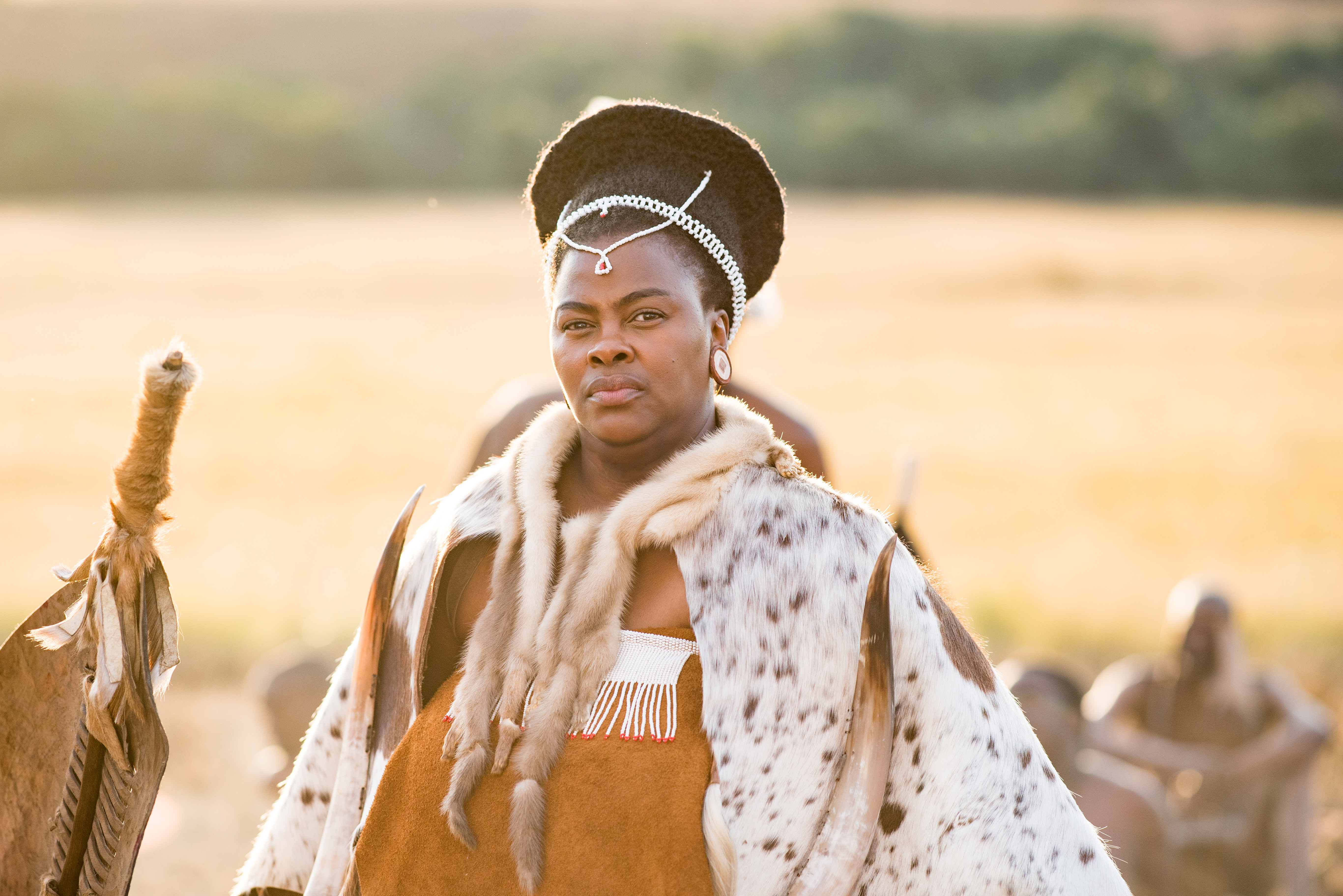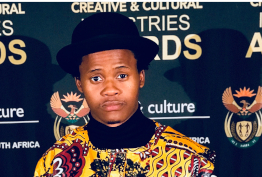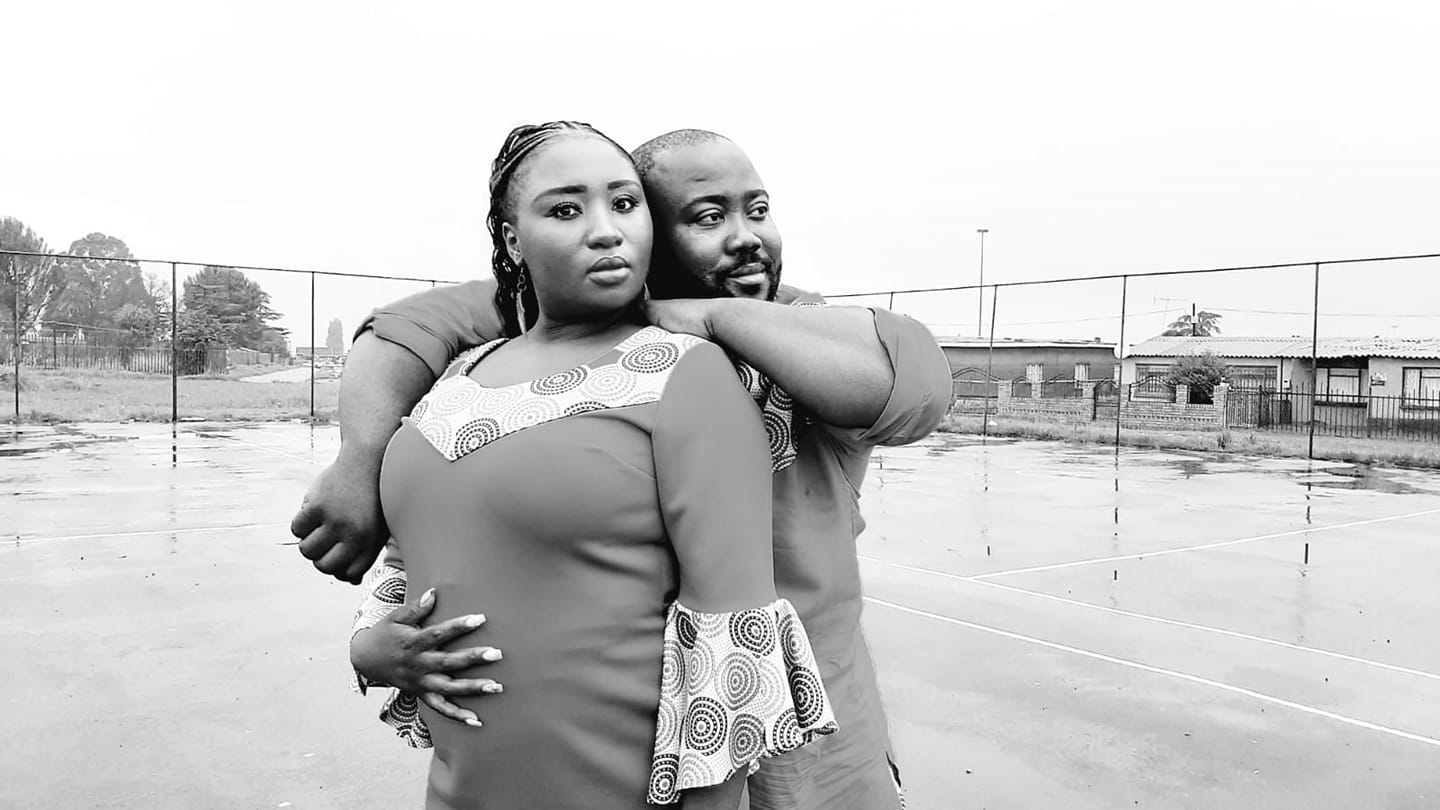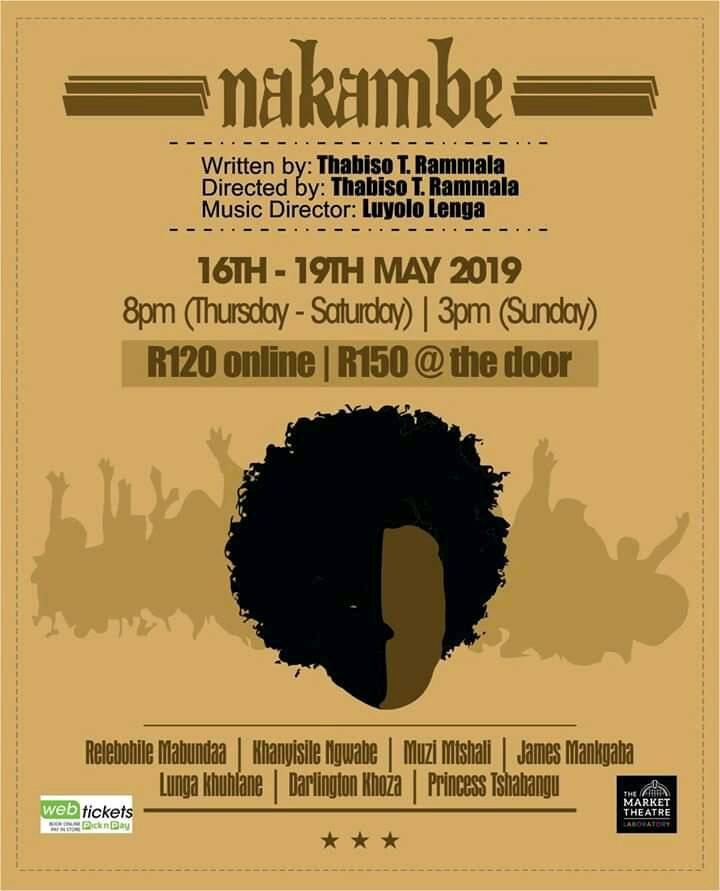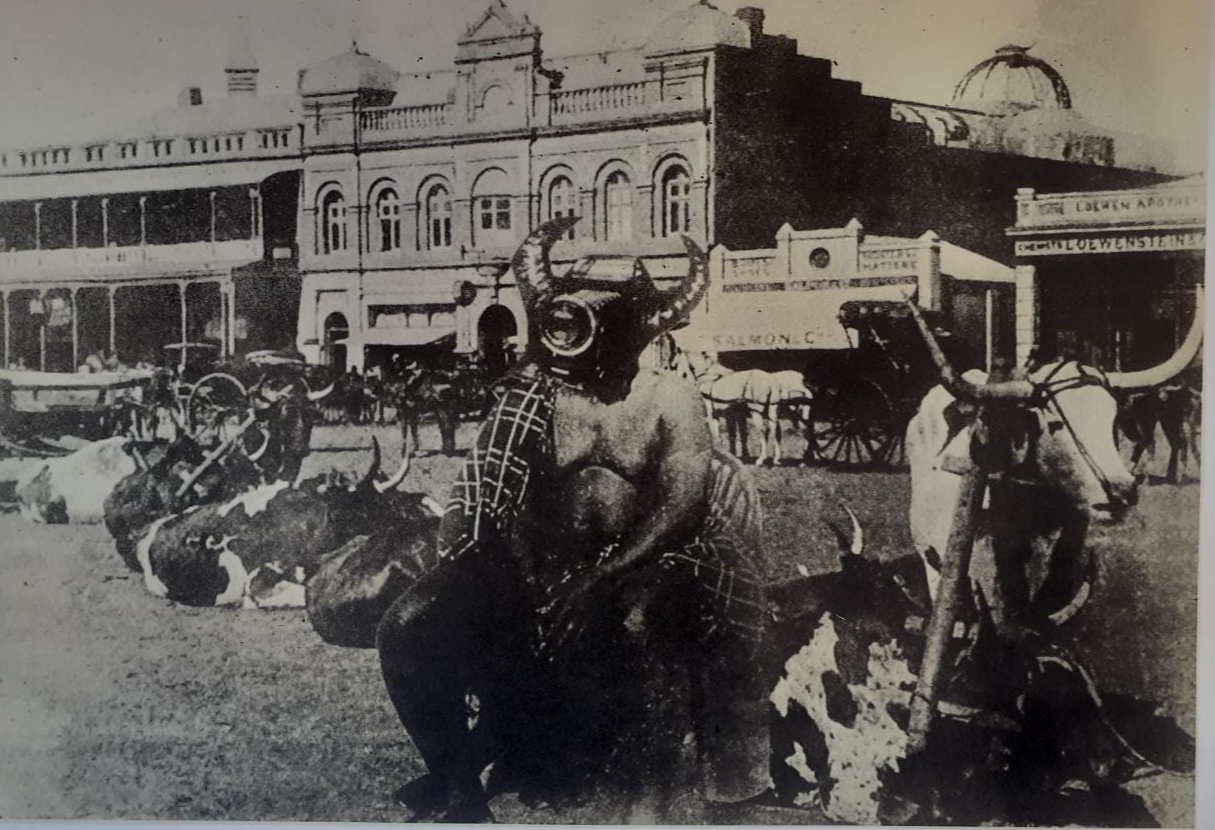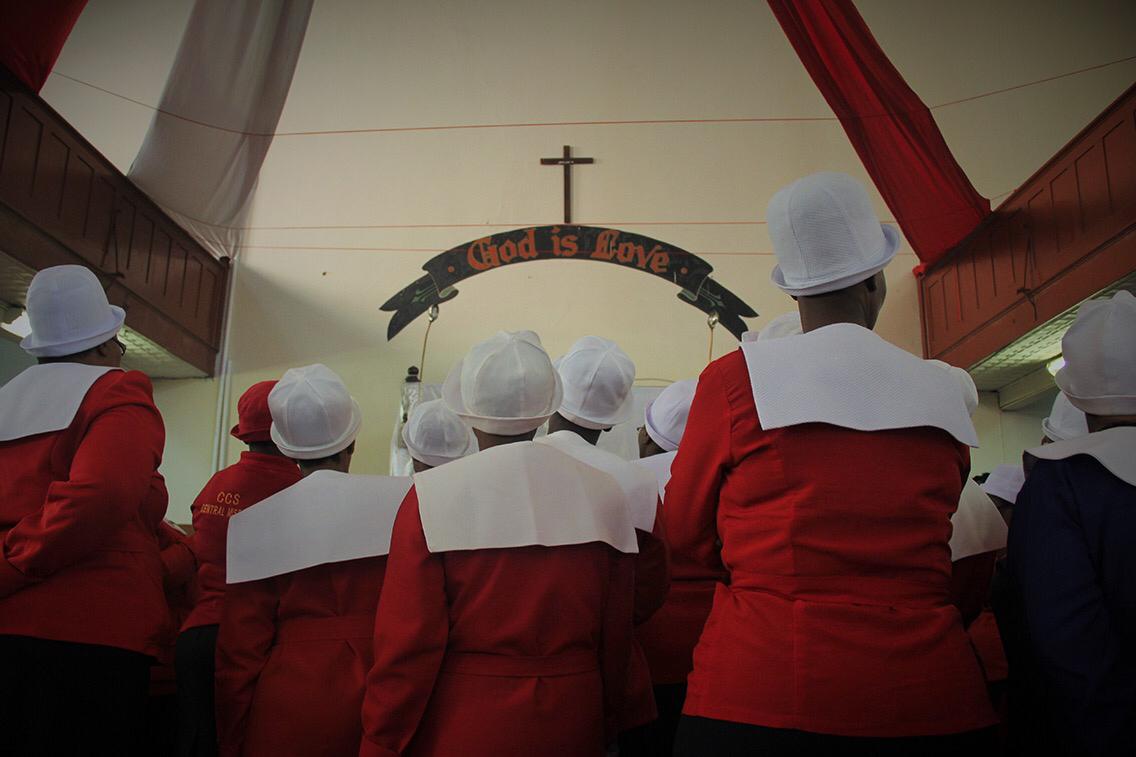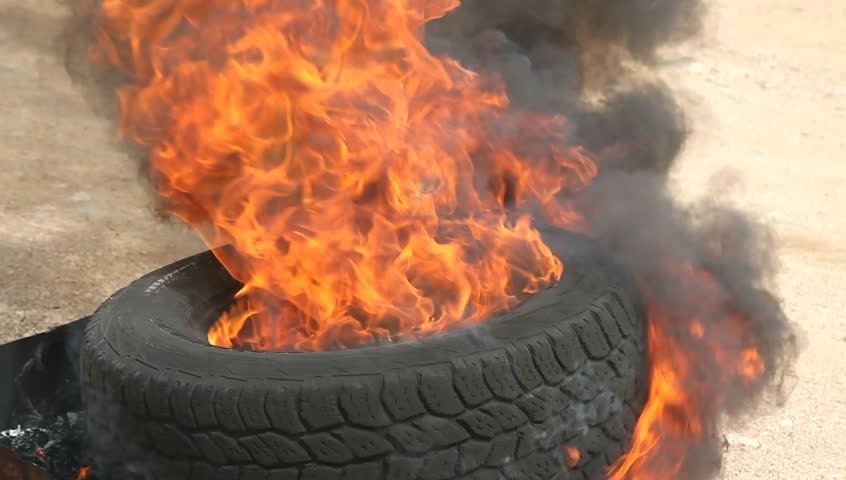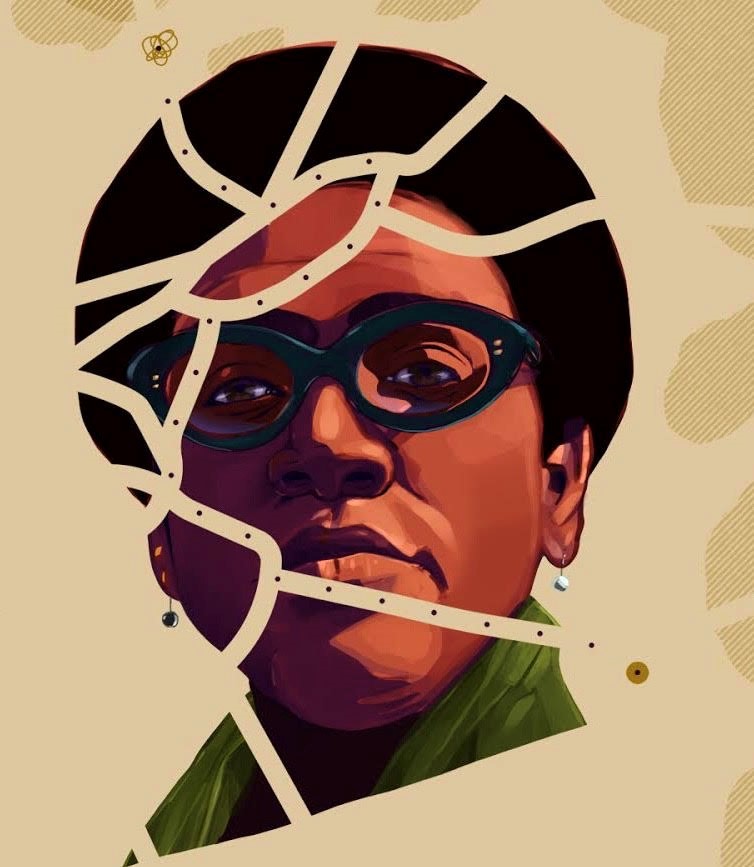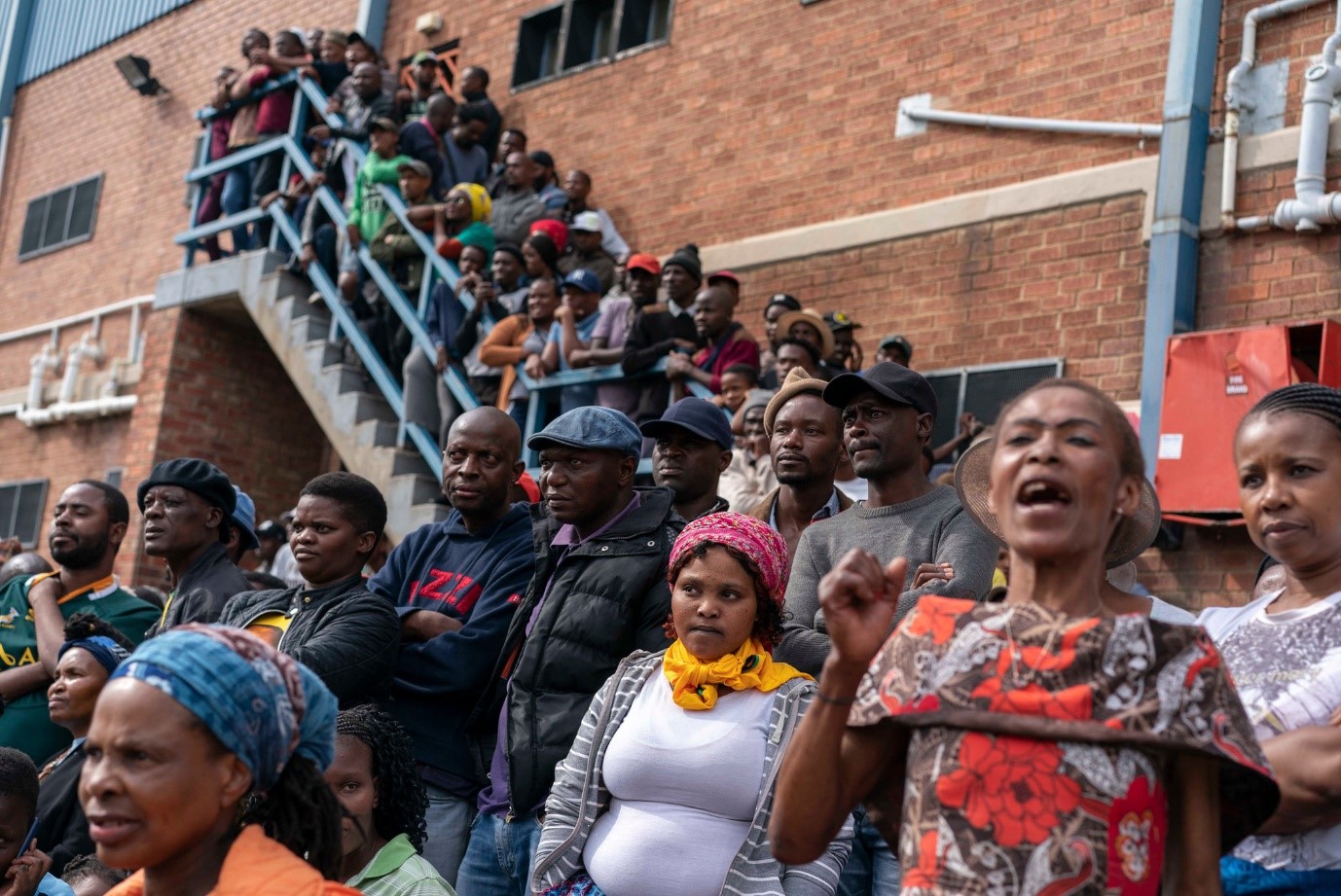It is not only fairytales that begin with “once upon a time”. Even the chronicles of history that charge towards the present before the clock could count their breaths, have imprinted their blood upon the sacred soil of a bygone era. Now, in the midst of uncertain recollection, the shields of history and fairy tale converge, and the quill that sweeps the battlefield determines the descent of the spear. Such a clearing, a monumental endeavor, stood before MultiChoice and Bomb Production.
The lens opens and our journey commences upon the majestic shoulders of a towering mountain. We ascend from its lofty peaks and tread along a celestial path of luminous clouds — it is as though the sky has trod passed here. Collectively we traverse this trail as if to echo the praise, "Zulu omnyama ondlela zimhlophe!"
Our odyssey reaches its first destination. A poignant scene unfolds before us. A young Shaka Zulu (Ntando Zondi) is confronted by three bullies; stands in valiant defense. It is within this pivotal instance that the stark interplay between his resolute valour in combating his adversaries and his tender empathy in consoling his mother is unveiled. It is at this point that we grasp the very essence of our arrival.
Once we establish ourselves within the premise of our journey, Shaka Ilembe gracefully transports us to a pre-Shaka era, serving as the backdrop for the inaugural episode. The craftsmanship of cinematography within this milieu is truly exceptional, with its deft manipulation of light, shadow, form, and gesture seamlessly acting as a welcoming conduit into the unfolding tale.
Through the artful integration of montages and tableaux, we are drawn intimately closer to every nuanced emotion, each frame becoming a portal to an array of smile, sob, melancholy, and mirth. The use of close-ups allows for an exquisite distillation of the characters' depths, while aerial shots unveil the vast expanses of the narrative world. The musical score, as if carefully chosen through a rigorous audition process, breathes life into the every pore of this tale.
And let us not forget the cast! Oh, what an impeccable ensemble! Each member seamlessly embodies their role, ensuring the utmost verisimilitude within the realm of action. There is never a moment of disbelief or the sense that we are merely witnessing a work of fiction. Rather, the world of this story feels undeniably real, a testament to the harmonious synergy of every constituent part, each playing their role with utmost finesse.
Crafted with meticulous precision, this episode showcases a commendable assembly, effortlessly maintaining its pacing and deftly navigating its intricate storyline. The narrative lens, while multifaceted, adeptly balances the panoply of visual spectacle with poignant emotional depth. However, it brazenly wounds the more historically grounded elements of the pre-Shaka era, sacrificing historical authenticity at the altar of a broader narrative vista. In its audacious endeavor, this rendition ambitiously expands upon the narrative canvas of the original Shaka Zulu series.
The timeless tale of Shaka Zulu has transcended the boundaries of time. Its allure lies in the resplendent sweetness of triumphs and the bitter sting of tyranny. This legend holds an enduring appreciation across the globe, with Shaka himself revered as one of history's most celebrated figures. To embark on retelling a story already immortalized in a television series that amassed a staggering R5-Billion in global revenue demanded a daring spirit—a spirit akin to that of a leopard, a lion, an elephant. It was perhaps this spirit that sought to wield history as both a powerful weapon and precious gift.
With the biggest budget in MultiChoice history, Bomb Production undertook a seven-year pursuit to create this proudly South African groundbreaking first season of Shaka Ilembe. The production enlisted the talents of over 9,150 contributors, including a formidable crew of 900 skilled professionals encompassing stunt performers, dancers, and musicians. The visual richness of the series came to life through the creation of over 2,000 costumes, 420 wigs and hairstyles, and the use of 8,000 strings of beads, all designed to carry viewers into the heart of the story. In Johannesburg, sets were constructed over nine months, utilizing more than 750,000 bundles of thatched grass and 50 kilometers of hand-plaited reed grass.
Amidst the awe-inspiring grandeur and opulence that this substantial financial investment brings, visual magnificence, impeccable direction, dialogue, acting, wardrobe, and musical scoring cannot overshadow the glaring lack of attention to historical veracity evident in this episode. The pursuit of spectacle and extravagance, while captivating in its own right, regrettably falls short in delivering a comprehensive and satisfying portrayal of historical events.
“We were interested in telling the story of who were the men and women and circumstances that formed this great king?” - Diseree Markgraff
It is truly bewildering how a production armed with an unparalleled budget and supported by the expertise of four history and cultural advisers could stumble so greatly at the outset. Particularly when they lay claim to the noble task of faithfully recounting historical events in their utmost detail. The discrepancies become flagrantly apparent when we examine the age of Nandi (Nomzamo Mbatha) during her initial encounter with Senzangakhona (Senzo Radebe). According to recorded history, Nandi was born in 1760 or even earlier, yet the series portrays her as a mere 16-year-old at this pivotal moment, just before the birth of Shaka in 1787. One cannot help but question the accuracy of their research, given such an oversight.
Moreover, the series manipulates the narrative, suggesting conflicts among the Ndwandwe and the Zulu preceding Shaka's birth, when history unequivocally states otherwise. This introduction of contrived conflict raises doubts about the production's commitment to historical correctness and casts a shadow of uncertainty over the entire retelling. How can we trust the truthfulness of the events portrayed if they deviate so drastically from established historical records?

The inclusion of phrases like "ikati lilele eziko" becomes laughable when one considers that domestic cats did not even exist in those lands until the reign of Shaka. It prompts one to question the veracity of various other sayings in the series, such as "Iso ngeso" (an eye for an eye). In the absence of supporting evidence, doubts arise regarding the existence of such sayings within the Nguni nation prior to the arrival of the Bible. Did the production team conduct thorough linguistic research to ensure the precision of the language used in the series? Or are these phrases and expressions merely artistic embellishments, divorced from historical reality? These questions demand answers and raise concerns about the integrity of the production's commitment to historical legitimacy.
Furthermore, did the extensive research conducted by the production team neglect to acknowledge the existence of isiNtungwa in the land of the Zulu, ukuTeketa in the land of the Ndwandwe, and Isilala in that of the Mhlongo as distinct dialects before the standardization of IsiZulu in the regions encompassing these kingdoms? How could these kingdoms, in the late 1700s, communicate using the same dialect? The historical fallacies are numerous, spanning from characters and props to costumes and language. If the primary focus is a faithful retelling of history, these errors are undeniable.
Acknowledging the existence of numerous disputed narratives surrounding the history of Shaka Zulu, particularly the events preceding his birth, it is essential to recognize that there are also several accounts that are widely accepted and uncontested. Would it not have been prudent to incorporate these uncontested aspects into the narrative, providing a more comprehensive and balanced portrayal of the historical events?
While it is true that incorporating dramatic license is crucial when presenting history in film for entertainment purposes, it becomes problematic when fundamental aspects are altered, leading to a deviation from historical accounts and events. In such cases, it is more accurate to classify the film as "based on history," acknowledging that it may take significant liberties and depart from strict adherence to factual accuracy.
“We want to be able to tell history in the most authentic way…” - Nomzamo Mbatha
If we view the production as a series "based on history," we may be able to appreciate it for what it is, embracing its imaginative interpretation. But the question remains: should we settle for a series merely "based on history," or should we demand a more rigorous commitment to historical accuracy in order to truly honor the stories and the people they represent?
Shaka Ilembe will most certainly not experience a slaughter from the vast majority of the South African audiences, it’s a beautiful production. Its impact however, could have launched a far more effective assault had it chosen a definitive path—whether it faithfully adhered to the historical accounts or ventured even further into the realm of creative reinterpretation.
Bomb Production’s quill has swept the battlefield, leaving much doubt as to which hand between history and fairytale remains devoid of its spear.
“This story has no owner. Even if it did , they would deny it.”

